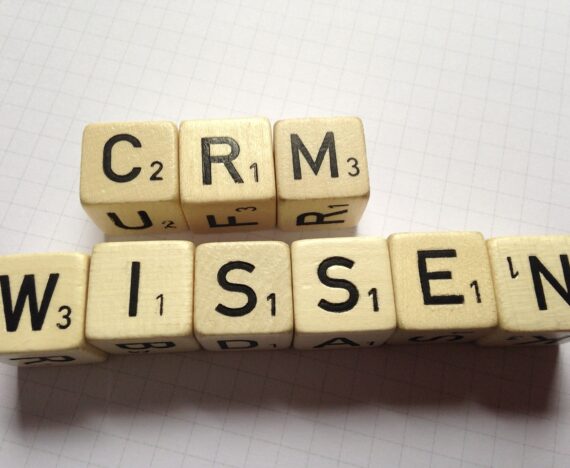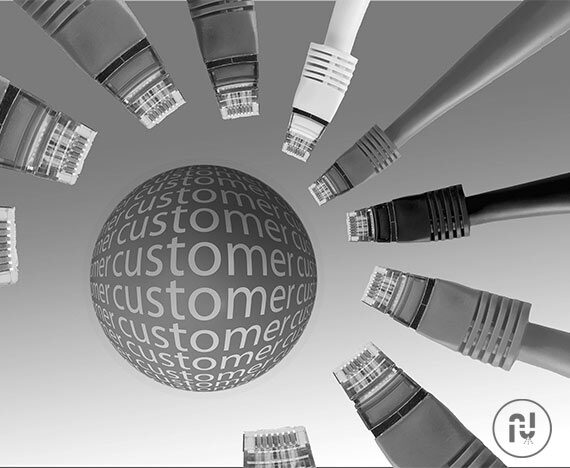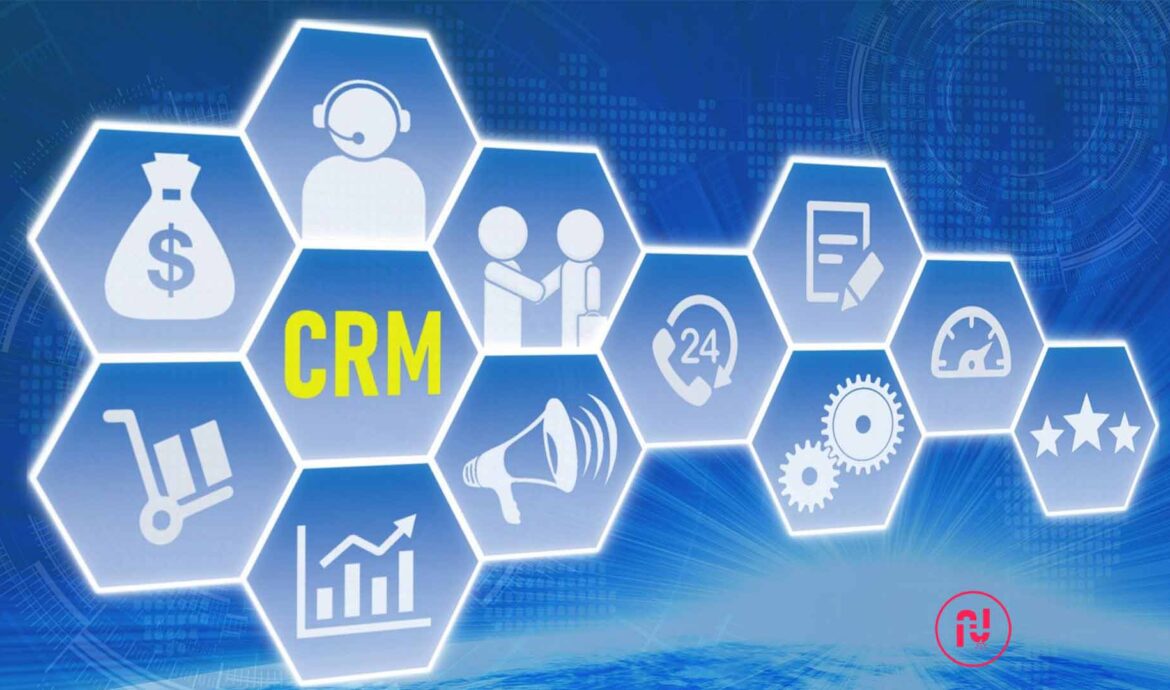Managing customers and prospects effectively as they interact with business is not a luxury but a necessity. To generate leads business spends millions on advertising, promotions, and events. CRM is simply about ensuring that this investment is leveraged effectively by enabling business to communicate and interact with customers and prospects in a relevant, timely and cost-effective manner.
CRM
Over the years more companies embarking on a CRM Journey. Nevertheless, confusion reigns over just What CRM is, what it could be and what it isn’t? much of this related to myths about this business model
Let’s discuss about the 5 common CRM Myths, which needs to be dispelled.
1. CRM is Technology Driven
CRM is an overarching business strategy and must be developed and respected as such with value propositions and business process flowing from it that are focused on creating and sustaining profitable customer relationships.
As the business strategy is ever evolving and so as the business climate continue to change so should your strategic direction. Once the strategy and its measurement metrics have been agreed then the technology element comes in. Technology acts as a tool that transforms strategy into real business results.
The main reason that the technology has been perceived as the critical success factor is because most companies do not appreciate that their strategic direction continues to evolve, their technology must be capable of evolving as well.
You must not rely on the technology itself to drive your business, you need to drive it by creating a sustainable strategic road map from the beginning and regularly assessing it to ensure it remains relevant and continues to support your company’s growth.
2. CRM will transform you into a customer centric company.
Truly customer centric companies are restructuring their people and process around customer centric ideals and approaches. Meaning placing the customers centre of your business strategies, collecting as much as quality information about them as possible to create enriched customer experiences that build loyalty and trust in your brand.
Customer centricity isn’t about opportunities to up-sell and cross-sell, rather it is about creating and delivering great value to customers to derive greater value from them by finding ways to balance what customers really want which what you can afford to do.
3. CRM is difficult.

CRM can be as complex or as simple as you make it. When working with flexible, adaptable CRM solutions there is nothing difficult about CRM.
Before rollout the solution to the whole business in one large hit; focus on one area of business first see the benefits and then rollout the solution into other areas of the business.
4. Customers are the only important people in the mix.
Customers are important but they are not the only important people in your CRM Mix. Your partners, suppliers, and employees are equally important in CRM and you ned to build your relationship with them as well.
‘customer loyalty is directly related to employee loyalty.’ Equally within your channel there are all sort of opportunities to join forces with suppliers and partners and bundle complementary products and services, which you then offer to your customers.
Understanding this, you need to continually think of clever ways to deliver greater value to your customers using all the elements of your business network.

5. All Data is powerful.

The biggest mistake companies make is collecting the wrong data to the point where they are overwhelmed by it.
Collecting data unnecessarily is a waste of time and investment. If you have multiple inconsistent and incomplete views of your customers then your company is hindered in properly managing its relationship with their customers.
To make your data work for you, you need to tie your data together and have a process in place that require your employees to continually question your data, to continually analyse the pattern and trends.
To sum up CRM offers a solid business-customer relationship model that more and more companies are valuing as a necessity rather than a nice to have. By understanding its fundamental values and implementing appropriate strategies and tools you can attain its potential to maximise all relationships with ultimate results.
Thanks for reading! If you enjoyed this post, be sure to check out my blog https://ujaike.com/blog/ for more articles like this one. You can also connect with me on social media for more content and updates.
Many thanks for your support!

